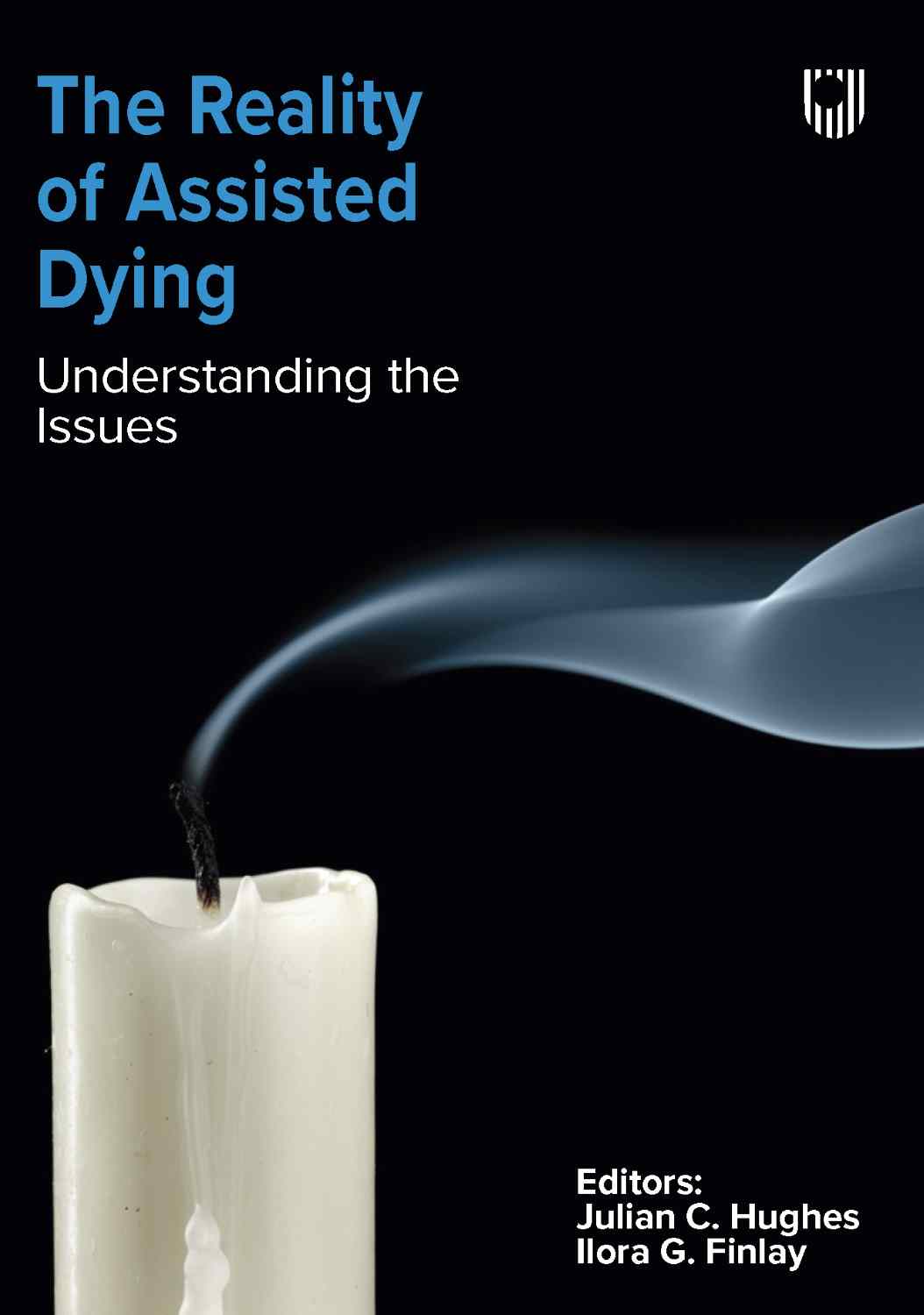Sir Peter Bottomley reviews 'The Reality of Assisted Dying'
Image by: ADDICTIVE STOCK CREATIVES / Alamy Stock Photo
3 min read
Examining the subject from different perspectives and drawing on evidence from abroad, this book should be read by all those involved in this heated debate
In 34 chapters, about 200 pages, over 40 authors dedicate this book to those in the field of palliative care – working to ensure death is as peaceful, pain-free and dignified as possible.
Theo Boer, a professor of health care ethics and former member of a Dutch euthanasia review committee, says this book provides up-to-date information and a candid reflection on experiences in countries where assisted dying has become a daily reality. The claim that Britain can successfully navigate the dangers and slopes of legal euthanasia becomes harder to believe. Perhaps more than the way we die, it influences the way we live: our solidarity with vulnerable people, our preparedness to invest in accessible and high-quality healthcare and – importantly – our capacity to preserve hope in the face of our own frailty.
Sir David Haslam has led the National Institute of Health and Care Excellence (NICE), and the British Medical Association (BMA) and the Royal College of General Practitioners. He recognises that powerful and emotional descriptions of death and dying resonate with us all. He says assisted dying is not just a matter of individual rights and choices. It is a topic with profound societal impacts. This book examines assisted dying from both perspectives and unpicks the risks to our society if we fail to fully understand the implications and risks – and the benefits to all of a greater focus on high-quality palliative care.
Some advocate legal change by presenting soundbite messages as if death will be the solution to the plight of the dying
Dr Claire Fourcade, president of the French association for palliative care, writes about assisted dying (a blanket phrase for assisted suicide and euthanasia) being a hot topic in several countries. Some advocate legal change by presenting soundbite messages as if death will be the solution to the plight of the dying. Advances in palliative care, combined with meticulous attention to patients’ concerns, can restore great quality to life. This book reveals the reality of assisted dying by drawing on the evidence of those countries that have legislated for it. Each chapter provides great insights, including suggestions on ways to improve safety. It is a book to be read by all involved in either side of this heated debate.
 The Reality of Assisted Dying covers the role of law, important philosophical and ethical concepts, the issues that arise in the practice of medicine and palliative care and scrutinises concerns about definitions, coercion, consequences and safety.
The Reality of Assisted Dying covers the role of law, important philosophical and ethical concepts, the issues that arise in the practice of medicine and palliative care and scrutinises concerns about definitions, coercion, consequences and safety.
Baroness Campbell of Surbiton says this book is an essential exploration of the complexities behind the soundbites. The authors recognise that even the strongest become vulnerable when faced with unwanted news. They are aware able-bodied people often express horror and fear at the thought of becoming disabled, yet when it occurs they invariably want support to live well.
As a disabled person, she wants those tasked with keeping her safe and well to comprehend fully the facts about legalising doctors or caregivers to assist someone to end their life prematurely, adding: “Our life is literally in your hands.”
Sir Peter Bottomley is former Conservative MP for Worthing West and father of the House
The Reality of Assisted Dying: Understanding the Issues
Edited by: Julian C Hughes and Ilora G Finlay
Publisher: Open University Press
